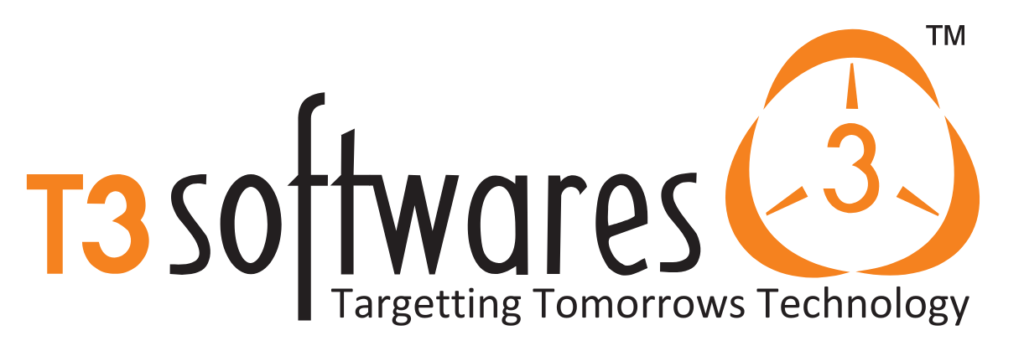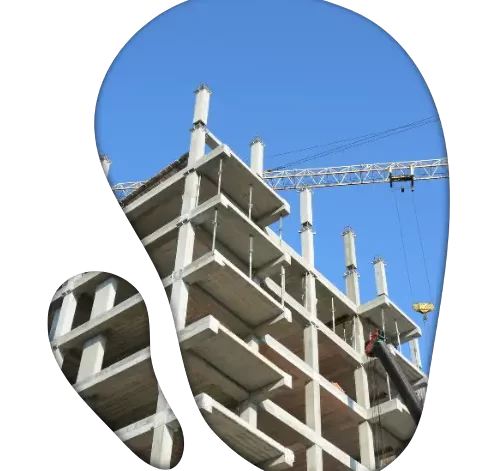Rental Property Management: Strategies for Success
The rental market is back in action. Post-pandemic, people are all prepared to work from the office and relocate back to the metropolises. And a fun fact, renters account for more than 44 million households in the United States.
The present asking for rent is 77.1% more than the 2020 US median gross rent. While this is a great opportunity for property owners, managing multiple properties manually can be a hassle. This quick guide on rental property management ensures you have nothing to worry about.
Property managers have a lot going on—thinking strategically, sketching out marketing plans, and achieving target objectives. But handling your properties requires more than just skills, and here’s where technology comes to your aid. Let’s get into the most powerful tricks you need to handle your rentals.
What is Rental Property Management?
Rental Property Management is when a third party handles the everyday operations of a portfolio of residential/commercial real estate assets. One of the primary aims of property management is to maintain a healthy profit margin while ensuring tenant happiness and retention.
Property Management is a booming field. The US Property Management market generates an annual revenue of 99 billion dollars and offers a mean monthly rate of $1295. The market size of the real estate industry in India was worth 120 billion U.S. dollars in 2017 and is estimated to reach close to one trillion dollars by 2030.
To make the most of this opportunity, property managers take up the responsibilities of marketing and advertising the properties to ensure they’re rented. The job description also requires property managers to:
- Collect rent
- Handle taxes
- Draft, sign, renew, and manage leases
- Arrange for property repairs
- Constantly communicate with the landlord
- Set up budgets for maintenance and repairs
- Ensure compliance with laws and safety regulations
- Screen tenants
This requires a mix of soft skills and hard skills, including:
- Being good with people to handle tenant issues easily.
- Marketing skills to increase your property’s visibility.
- Financial skills to manage the budget and keep track of accounts.
- Knowledge of relevant laws, licenses, and potential legal issues.
Along with these skills, rental property managers need to understand the different types of properties, build a buyer persona for each, and know the pros and cons of each listing.
Types of Rental Properties
Be familiar with the different types of rental housing properties that exist! Before considering factors like geography, population level, population income, and convenience, you must consider what properties are eyed by potential tenants.
You have residential types, such as:
- Single-family homes: Referred to as bungalows or independent houses, these don’t share walls with the neighbors and are often more spacious.
- Condominiums: Apartment complexes offering flexibility and excellent amenities like pools, gyms, and clubhouses.
- Multi-family homes: These include duplexes and triplexes, attractive for higher rent but come with challenges in tenant management.
Commercial rental properties include:
- Retail: Properties rented to companies conducting direct sales to customers.
- Industrial: Warehouses and spaces for light assembly or storage, with unique market and regulatory challenges.
- Office: Spaces for businesses, varying by size and sector needs.
- Hotels: Places for people to stay, with challenges in managing the fluctuating hospitality industry.
Challenges of Property Management
- Increasing Revenue
Managing revenue while handling costs like maintenance and marketing can be a challenge. Tracking your activities better can boost revenue. For instance, property managers have improved sales by using automation tools.
“If tracking is important for your business, I’d recommend T3 CRM. We can know exactly what the lead is doing on our website: such as the floor plan they’ve seen or the financial plan they are interested in. All this ensures a more personalized selling experience, which in turn boosts sales revenue.”
Property Listing
Manually updating vacancy and occupancy information can be slow. Using an inventory management tool can automate the process and help you market properties efficiently.Tenant Operations
Tenant operations include managing rent collection, maintenance requests, and lease terms. Handling multiple tenants with different needs can be tough, but with proper management tools, tenant satisfaction can improve.Time Management
Efficiently running between properties and managing multiple operations requires excellent time management. With T3 CRM, you can automate processes and ensure better lead management and follow-up.Safety Concerns
Property managers must ensure properties meet safety guidelines with features like smoke detectors, fire alarms, and sprinklers.
Steps to Manage Rental Properties Effectively
Step 1: The Beginning.
Start by scouting properties and advertising through channels like social media, campaigns, and property listings. Once leads come in, T3 CRM helps manage them efficiently and ensures no site visits are missed.
Step 2: Yay, Tenants!
Build good relationships with tenants, be proactive, and communicate clearly to avoid miscommunications. Screening and selecting the right tenants are crucial for stability and cash flow.
Step 3: Maintenance and Repairs.
Regular upkeep of the property is necessary. Consider improving quality and safety to ensure tenant satisfaction and increase property value.
Step 4: Documentation, Taxation.
Maintain clear lease agreements and keep track of rent payments and maintenance costs. Use T3 CRM to manage your cash flow and make tax calculations easier.
Step 5: When Push Comes to Shove.
Evictions may be necessary in certain circumstances, like illegal activities or property damage. Proper legal proceedings should be followed.
Step 6: Let the Computer Handle it.
Using T3 CRM allows you to scale up and manage multiple properties. It helps with:
- Automated rent collection
- Tenant complaint forums
- Property listings
- Lead management from various sources
A CRM tool like T3 CRM ensures you never miss a beat in your rental property management efforts.

